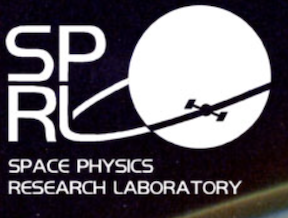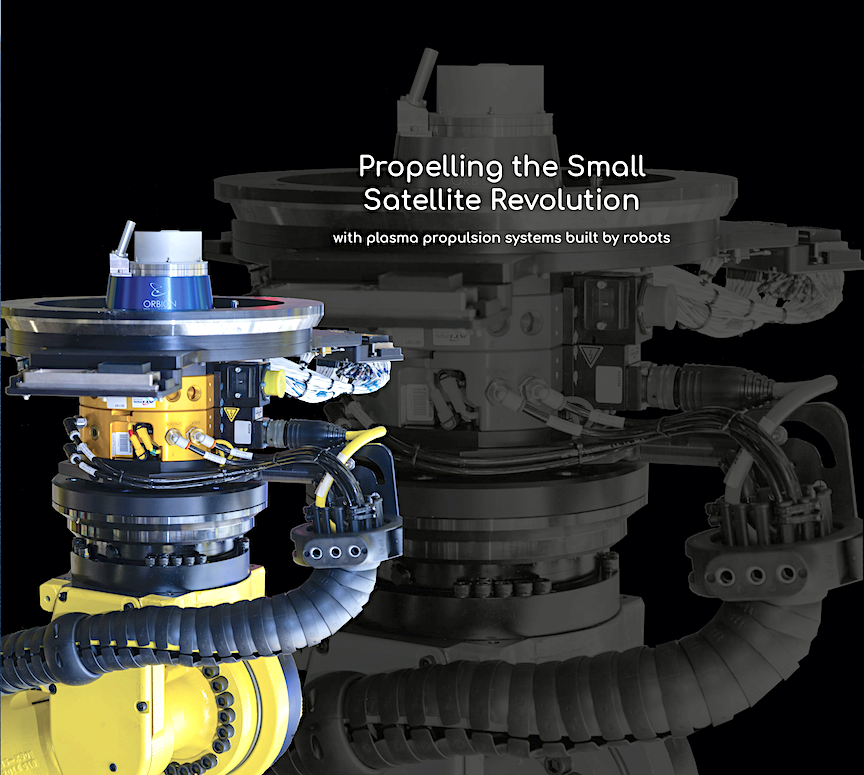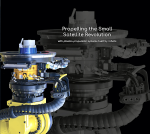
A partnership was announced that will enable a developer of next-generation smallsat propulsion systems to work with a major university that will build and test the first flight units of this propulsion system.
The names of those involved are as follows;
Orbion Space Technology, developer of next-generation smallsat propulsion systems, announced a partnership with the University of Michigan’s Space Physics Research Laboratory (UM-SPRL), described as a world leader in the design, construction, operation, and analysis of space flight instruments. The University will build and test Orbion’s first flight units of the electrical power processor (PPU) used to drive their plasma thruster.


The Orbion PPU is an electrical component that transmits the energy harvested from spacecraft solar panels to the plasma thruster, where the energy is used to exhaust a beam of ions to create gentle yet efficient thrust.
Orbion and SPRL will implement an innovative architecture that takes advantage of recent advances in high-end automotive electrical components to dramatically reduce the cost and complexity of space power systems. This will not only reduce the cost of Orbion’s PPU by 20x, but it will also allow Orbion to mass-produce their plasma propulsion system using assembly-line manufacturing techniques.
With the PPU design and prototype units already developed and tested extensively by Orbion in space-simulation facilities, UM-SPRL will qualify the Orbion PPU for use in the most rigorous space environments and will supply the first units that will propel Orbion systems to Earth orbit, the Moon, and beyond.
Founded in 1946 at the University of Michigan, SPRL has a rich history of building electronics for interplanetary probes to Jupiter, Saturn, and Mars, with several Mars instrumentation projects ongoing for both NASA and the ESA.
Dr. Brad King, CEO of Orbion Space Technology said that plasma thrusters are the most efficient propulsion systems available for smallsat applications, but historically they have been too expensive for commercial use and they take too long to build. They look forward to working with SPRL to pioneer new design and manufacturing techniques that will industrialize space propulsion systems to allow smallsat operators to maximize their investments, and ultimately, their long-distance missions.
Patrick McNally, Managing Director of UM-SPRL added that UM-SPRL specializes in advancing new technologies and demonstrating their capabilities in extreme environments, including space. They have complete facilities and personnel for the design, fabrication, and qualification of space flight hardware. The collaboration with Orbion is part of their mission to support Michigan companies and is a continuation of the work they have done for over 72 years.
Orbion recently announced plans to manufacture and mass-produce the Orbion Aurora Hall-effect plasma thruster system for small satellites. Orbion states that Aurora is the highest-performing system of its kind in the world, and will deliver the accelerated access and efficiency gains that New Space operators need to drive greater ROI for smallsat missions.

